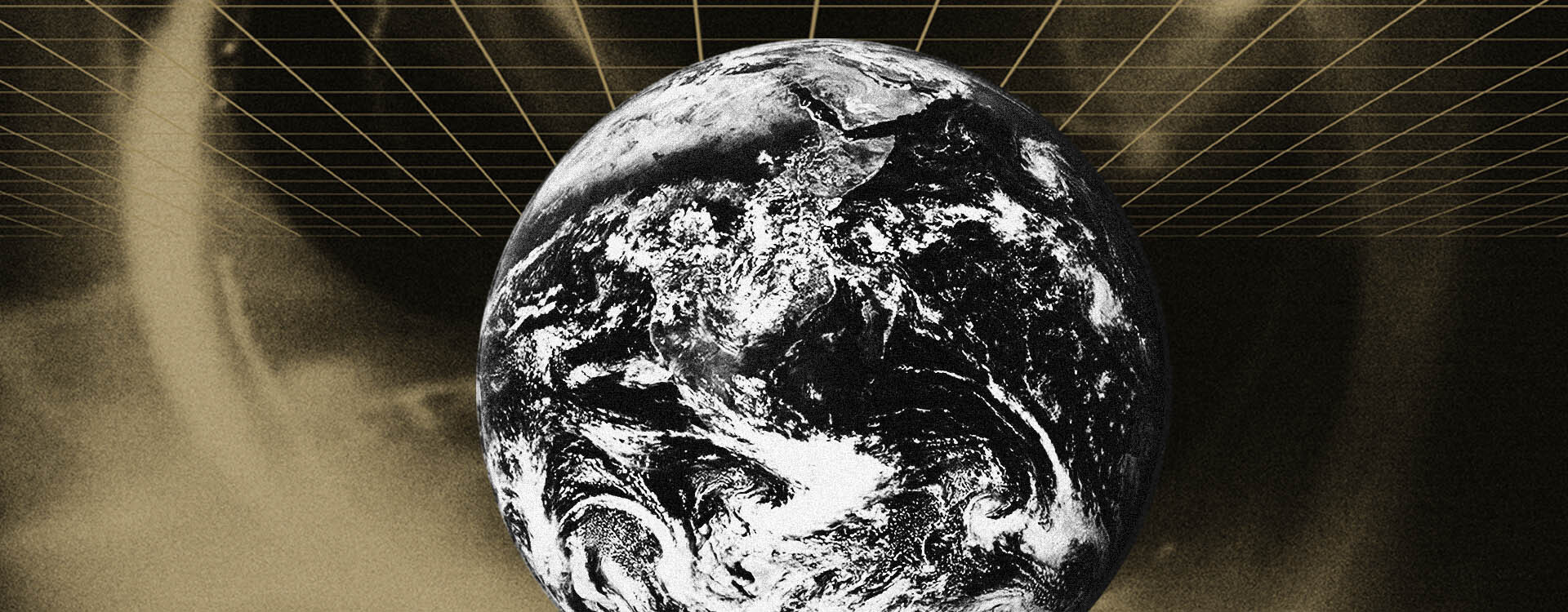One way of being anti-anti-utopian is to be utopian. It’s crucial to keep imagining that things could get better, and furthermore to imagine how they might get better. Here no doubt one has to avoid Berlant’s “cruel optimism,” which is perhaps thinking and saying that things will get better without doing the work of imagining how. In avoiding that, it may be best to recall the Romain Rolland quote so often attributed to Gramsci, “pessimism of the intellect, optimism of the will.” Or maybe we should just give up entirely on optimism or pessimism—we have to do this work no matter how we feel about it. So by force of will or the sheer default of emergency we make ourselves have utopian thoughts and ideas. This is the necessary next step following the dystopian moment, without which dystopia is stuck at a level of political quietism that can make it just another tool of control and of things-as-they-are. The situation is bad, yes, okay, enough of that; we know that already. Dystopia has done its job, it’s old news now, perhaps it’s self-indulgence to stay stuck in that place any more. Next thought: utopia. Realistic or not, and perhaps especially if not.


